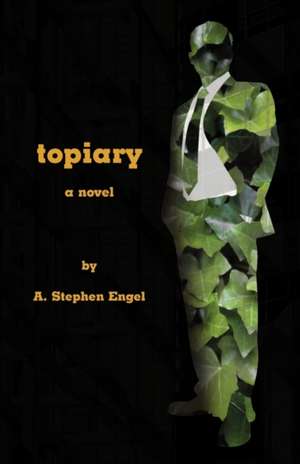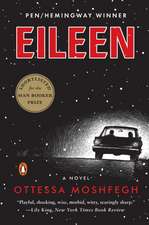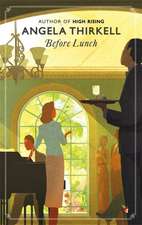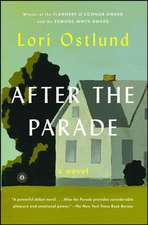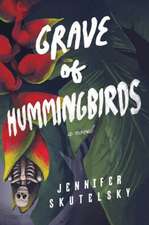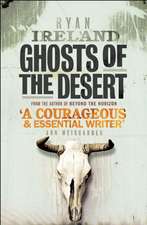Topiary--A Novel
Autor A. Stephen Engelen Limba Engleză Paperback – 30 sep 2009
Preț: 95.25 lei
Nou
Puncte Express: 143
Preț estimativ în valută:
18.23€ • 19.08$ • 15.17£
18.23€ • 19.08$ • 15.17£
Carte disponibilă
Livrare economică 10-24 martie
Preluare comenzi: 021 569.72.76
Specificații
ISBN-13: 9780981989136
ISBN-10: 0981989136
Pagini: 358
Dimensiuni: 216 x 140 x 20 mm
Greutate: 0.43 kg
Editura: Oliver Arts and Open Press
ISBN-10: 0981989136
Pagini: 358
Dimensiuni: 216 x 140 x 20 mm
Greutate: 0.43 kg
Editura: Oliver Arts and Open Press
Descriere
Partly the Thoreau of "Walden," partly Johnny Appleseed, and partly the free-associating mind of the author himself, Plantman travels both inwardly and outwardly, and in the end, very nearly dies from a hideous disease symbolizing the power of The City's toxicity.
